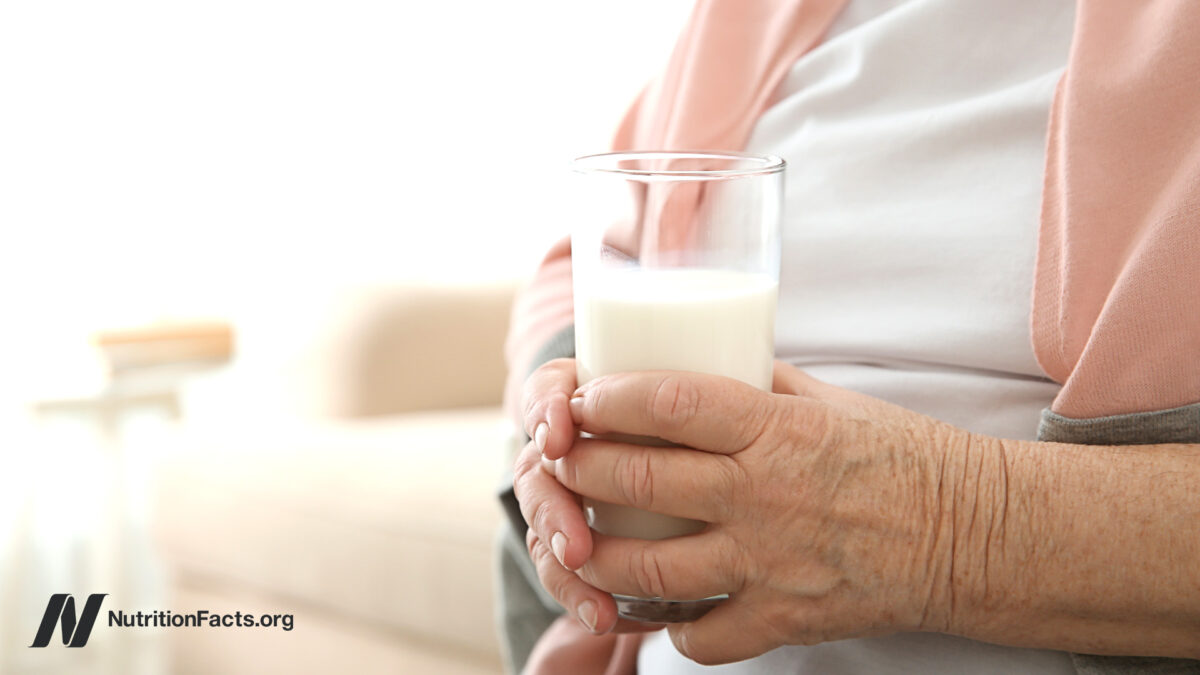According to recent surveys, 33% of adults report experiencing feelings of loneliness at least once per week. These emotions don’t just feel heavy but can actually weigh you down on a biological level, too. While we often think of metabolism as something influenced solely by what we eat or how we move, science is proving that our social connections play a surprisingly significant role in how efficiently our bodies function.
In other words, your metabolism isn’t just about food—it’s about friendships, too.
Here’s how chronic loneliness can impact your metabolic health, plus five innovative, summer-ready strategies to boost both your social life and your metabolism.
First, How Does Loneliness Affect Emotional Well-Being?

Neuroscientist, wellness coach, and founder of Manifest Wellness Jamey Maniscalco explains, “When we feel persistently disconnected from others, the brain interprets this as a form of social threat. This activates our stress response system, especially areas like the amygdala, which increases anxiety and sensitivity to rejection. At the same time, the brain’s reward centers, such as the ventral striatum (a hub for dopamine reward/pleasure/motivation signaling), become less active – meaning even enjoyable moments might feel flat or unmotivating.” Over time, this imbalance leads to emotional consequences like depression and withdrawal, while physically causing metabolic damage to the body.
When you’re lonely, your body enters a subtle but persistent state of stress. This then triggers elevated levels of cortisol, your body’s primary stress hormone. “While cortisol is helpful in short bursts (e.g., to help you manage short-term stressful events), sustained elevation over time throws off your body’s internal rhythm,” Maniscalco says. When these levels are chronically high, it can result in:
- Increased fat storage (especially around the abdomen)
- Insulin resistance
- Cravings for high-sugar, high-fat foods
- Disrupted sleep, which in turn slows metabolism
- Inflammation, which can suppress metabolic function
“When cortisol stays high, it tells your liver to release more glucose and makes it harder for your muscles and fat cells to absorb it. This leads to higher blood sugar, more cravings (especially for comfort foods), and increased risk of insulin resistance,” he adds. Loneliness can also reduce your motivation to stay active or eat nutritious foods (such as high-protein foods), triggering irritability, fatigue, and mood swings. Studies have shown that people who feel socially isolated also have a higher risk of obesity, type 2 diabetes, and metabolic syndrome.
1. Start Small
According to Maniscalco, the best thing you can do to improve your mental health is to start small. “Reach out to one trusted friend, join a group centered around something you enjoy (like art, movement, or books), or volunteer for a cause that feels meaningful. These settings naturally reduce the pressure to “perform” socially, and they offer a shared purpose, which makes connection easier.” He also says that brief, everyday interactions such as talking with a barista, neighbor, or fellow dog walker can “rewire your brain toward openness and connection.” These micro-moments can then result in increased feelings of belonging while boosting our overall mood.
2. Reconnect with Movement-Based Activities
Group fitness classes, walking clubs, paddleboarding meetups—these are more than just workouts. They’re also community-building experiences. Social exercise has a double metabolic benefit: it gets your heart rate up while reducing the feelings of isolation that trigger stress-related metabolic slowdowns. Pairing it with a protein powder like HUM’s Core Strength can help preserve lean muscle, especially if you’re increasing your physical activity. Additionally, complete proteins like Core Strength help reduce post-workout fatigue, so you have more energy to stay social and active instead of crashing after your fitness class or long walk.
3. Add a GLP-1 Booster to Support Satiety and Gut Health
Your gut plays a major role in metabolic health, and HUM’s Flatter Me Fiber GLP-1 Booster supports the body’s natural production of the hormone. Our fiber-based supplement is designed to enhance your body’s natural production of GLP-1. The gut hormone helps regulate blood sugar and signals satiety, all key for healthy metabolism and weight management.
A healthier gut doesn’t just support metabolism—it’s also linked to better mood regulation and brain function, which can help reduce feelings of loneliness and encourage you to engage more socially.
4. Start a “Meal Meetup” Tradition
Eating with others isn’t just more fun—it’s biologically better for you. Shared meals are linked to improved digestion, slower eating (which enhances satiety cues), and stronger relationships. Whether it’s a standing Sunday dinner with friends or extended family dinners at home, committing to regular social meals can help regulate your hunger hormones and support a more balanced metabolism.
5. Say Yes More Often (Even When It’s Out of Your Comfort Zone)
Social momentum is real. The more you say yes to low-pressure social invites—coffee dates, outdoor movies, local events—the more natural socializing feels. Each positive experience helps retrain your brain to associate socializing with pleasure rather than stress.
Not only does this lower stress hormones like cortisol, it also boosts oxytocin and dopamine, two feel-good chemicals that also help regulate your appetite and cravings.
Social health is metabolic health. By prioritizing connection—especially through movement, meals, and shared routines—you can naturally support your metabolism and feel more vibrant all around. And with a little help from scientifically backed supplements like HUM Nutrition’s GLP-1 Booster and amino acid formulas, you’ll be better equipped to make this your most connected, energetic summer yet.
Because feeling good isn’t just about what’s on your plate—it’s also about who’s at the table with you.
FAQs
Can being lonely really slow down my metabolism?
Yes. Chronic loneliness can increase stress hormone levels, which impact everything from insulin sensitivity to fat storage. It can also lead to unhealthy habits like overeating, poor sleep, and inactivity.
I’m introverted—can I still benefit from socializing?
Absolutely! You don’t need to be at a party every weekend to get your social time in. Investing in small, meaningful connections, whether it’s a walk with a friend, a phone call, or even volunteering, can all offer powerful metabolic and emotional benefits.
How fast will I see improvements in metabolism after becoming more socially active?
Everyone’s body is different, but people often report better sleep, increased energy, and reduced cravings within weeks of reducing loneliness and increased movement and social connection. Pairing that with supportive supplements can accelerate the benefits.







